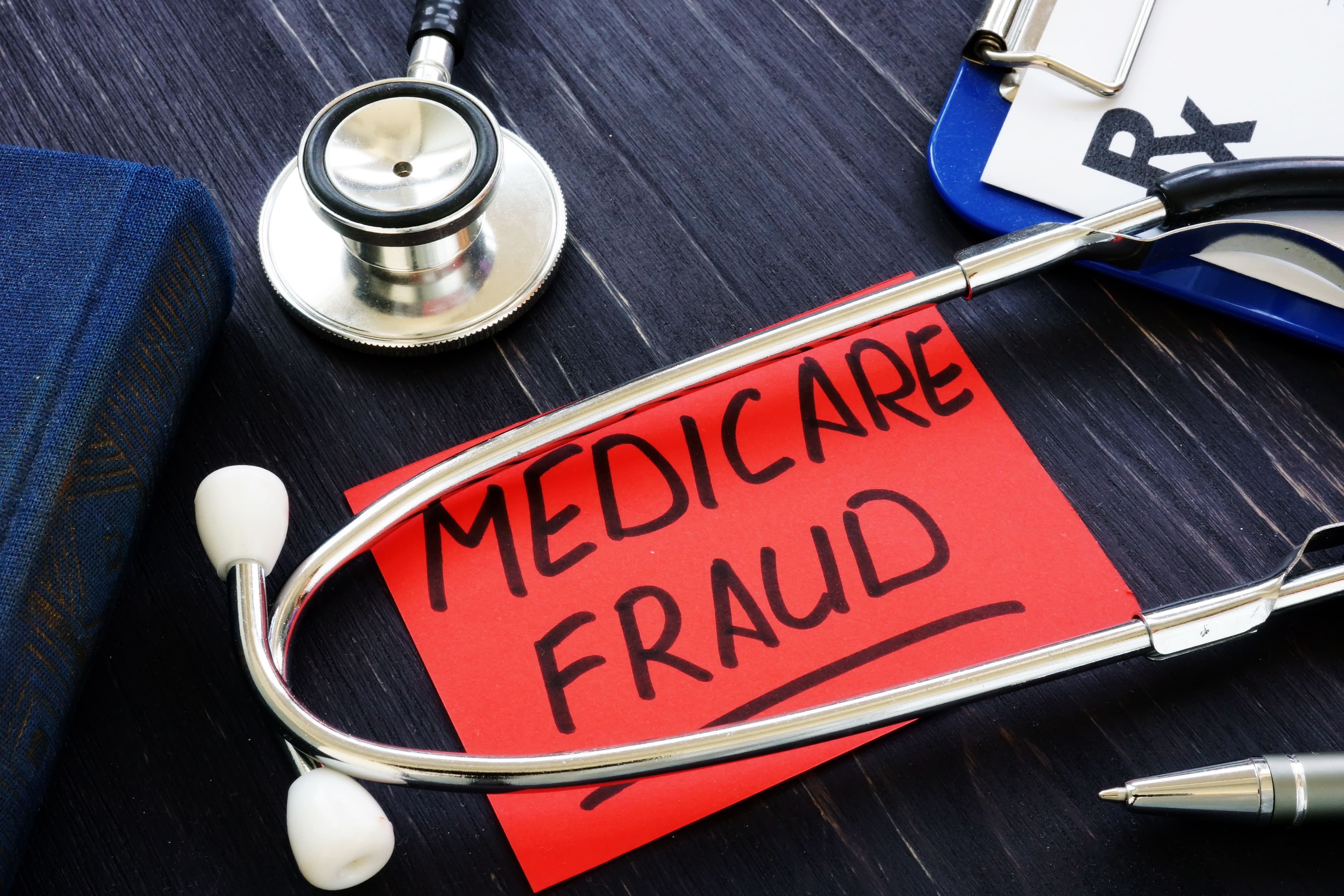Medicare Fraud Awareness: Safeguarding Yourself and Reporting Suspected Fraud

Medicare Fraud Awareness: Safeguarding Yourself and Reporting Suspected Fraud
09 Oct 2023

iHealth Plans
Medicare Insurance
In the intricate realm of healthcare, where trust is paramount, the specter of Medicare fraud casts a concerning shadow. Understanding the nuances of this deceptive practice and being vigilant against potential threats is crucial for individuals relying on Medicare for their healthcare needs. In this exploration, we delve into the significance of Medicare fraud awareness, emphasizing the measures individuals can take to protect themselves and contribute to the eradication of fraudulent activities.
The Nature of Medicare Fraud:
Medicare fraud is a deliberate attempt to deceive the system, often for financial gain. It manifests in various forms, each undermining the integrity of the healthcare system and compromising the well-being of individuals. Common forms of Medicare fraud include billing for services not rendered, upcoding to inflate costs, kickbacks for patient referrals, identity theft, and schemes involving fictitious healthcare providers or services.
Empowering Yourself with Knowledge:
Empowerment begins with awareness. Knowing the red flags and potential risks associated with Medicare fraud is the first step in protecting oneself:
- Review Statements Thoroughly:
- Regularly scrutinize Medicare statements for any irregularities, unfamiliar charges, or services you did not receive. Familiarity with your medical history and appointments aids in identifying discrepancies.
- Guard Personal Information:
- Safeguard your Medicare card and other personal information. Exercise caution when asked to share your Medicare or Social Security numbers and be wary of unsolicited calls or messages requesting such details.
- Question Unsolicited Offers:
- Approach unsolicited offers for free medical services, screenings, or equipment with skepticism. Verify the legitimacy of such offers with your trusted healthcare provider before proceeding.
- Understand Covered Services:
- Acquaint yourself with the services covered by Medicare. Be cautious if someone claims Medicare covers treatments or procedures that seem excessive or unnecessary.
- Be Skeptical of Aggressive Marketing:
- Exercise caution when faced with aggressive marketing tactics for medical services or products. Genuine healthcare providers prioritize informed decision-making and do not employ high-pressure tactics.
- Keep Records of Appointments:
- Maintain a record of your medical appointments and services received. Cross-reference this information with Medicare statements to ensure accuracy and detect any potential discrepancies.
The Importance of Reporting Suspected Fraud:
Reporting suspected Medicare fraud is not just a civic duty; it is a proactive step in protecting the integrity of the healthcare system and ensuring the well-being of all beneficiaries. Here's why reporting is crucial:
- Preserving Healthcare Integrity:
- Reporting fraud contributes to preserving the integrity of Medicare, ensuring that resources are directed toward legitimate healthcare services and not siphoned off by fraudulent activities.
- Protecting Financial Resources:
- Fraudulent activities can lead to financial losses for both individuals and the healthcare system. Reporting suspected fraud helps protect financial resources and prevents unnecessary expenses.
- Preventing Harm to Individuals:
- Fraudulent practices can harm individuals by subjecting them to unnecessary treatments, jeopardizing their personal information, and compromising their overall healthcare experience. Reporting contributes to preventing such harm.
- Deterrence Against Fraudsters:
- The collective effort to report fraud acts as a deterrent against potential fraudsters. Knowing that fraudulent activities are actively monitored and reported discourages individuals and entities from engaging in deceptive practices.
- Ensuring Accountability:
- Reporting suspected fraud ensures that those engaged in fraudulent activities are held accountable for their actions. This accountability is vital for maintaining trust in the healthcare system.
How to Report Suspected Fraud:
Reporting suspected Medicare fraud is a straightforward yet impactful process. Individuals can:
- Contact Medicare Directly:
- Call 1-800-MEDICARE (1-800-633-4227) to report suspected fraud. Trained representatives can guide you through the reporting process, providing essential information and assistance.
- Use the Official Medicare Website:
- Visit the official Medicare website and use the online fraud reporting form. This secure platform allows you to provide detailed information about the suspected fraud.
- Reach Out to the Office of Inspector General (OIG):
- Contact the Office of Inspector General, responsible for investigating fraud and abuse related to Medicare. The OIG hotline at 1-800-HHS-TIPS (1-800-447-8477) is a valuable resource for reporting suspicions.
- Engage with the Federal Trade Commission (FTC):
- Utilize the FTC Complaint Assistant website or call 1-877-FTC-HELP (1-877-382-4357) to report suspected Medicare fraud. The FTC plays a significant role in addressing and preventing fraudulent activities.
- Consult Your State Health Insurance Assistance Program (SHIP):
- Many states have SHIP programs that can provide guidance on reporting suspected fraud. Locate your state's SHIP contact information and seek assistance.
Medicare fraud awareness is not only a shield against potential deception but also a collective effort to uphold the principles of honesty and integrity within the healthcare system. By understanding the nature of fraud, staying vigilant, and actively participating in reporting suspected activities, individuals become integral contributors to the ongoing fight against fraudulent practices. Through these actions, beneficiaries not only protect themselves but also play a pivotal role in ensuring the sustainability and trustworthiness of the Medicare program for generations to come.
Share this article



